- /
- Blog
- /
- Why Google Isn’t Indexing...
Why Google Isn't Indexing Your
Pages and How to Fix It
Why Google Isn't Indexing Your Pages and How to Fix It
Imagine how frustrating and confusing it can be to spend hours crafting high-quality content and then optimizing your website for seamless user experience while none of it shows up in Google search results. In such a situation, if organic traffic is crucial for the growth of your business, frustration may become the result.
Search engines play the biggest role of sending visitors your way, though that only can happen if pages are indexed accordingly. Google Indexing ensures search results show pieces of content relating to what their users are inquiring about, making your own pages invisible as well to prospects.
Impact of Non-Indexed Pages
Reduced Organic Traffic: When the pages are not indexed, they are not visible on Google search results pages, and therefore there would be no traffic from search engines.
Lower SEO Performance: A website having many non-indexed pages cannot rank well; hence, its overall domain authority is reduced.
Lost revenue opportunities: Organizations that are heavily dependent on organic traffic for their sales and leads will face diminished conversions and revenues.
Poor Crawl Efficiency: In case Google is not able to index important pages, this can hint at a problem in crawlability and, by extension, website performance in search.
Reasons Why Pages Are Not Indexed by Google
- Noindex Meta Tag : If the page contains <meta name=\”robots\” content=\”noindex\”>, then Google won’t index it. That tag has to be applied only for the pages that are not intended to be indexed.
- Disallowed in Robots.txt : Using robots.txt with the following disallowed a set of pages from crawling for Googlebot will not be indexed. For example,
User-agent: Googlebot
Disallow: /private-page/
Check your robots.txt file and eliminate unnecessary blocks.
- Crawl Budget Issues : The Googlebot crawl is not being done effectively in your site and, hence the pages may not get indexed in some cases, especially if it is a website with thousands of pages.
- Low-quality Content : Generally, the sites with thin or duplicate content will be avoided by Google. See that each page has high-value, unique content.
- Canonicalization Issues : A canonical tag on a page that refers to another URL can cause Google to index the canonical version.
- Duplicate Content : When Google identifies duplicated content across more than one page, it is likely not going to index them all. Implement canonical tags, which specify a preferred version.
- Slow Page Speed or Server Issues : If your site has slow page load times and regular downtime, it may be inaccessible to the crawling and indexing spider. Make speed and server responses faster.
- Indexing Errors in Google Search Console : Google Search Console indexes which provides insight into indexing issues. Check in ‘Pages’ report with errors and rectify issues.
- Lack of Internal Links : In case a page has no internal linking from other pages on your site, Google won’t be able to find it. So ensure important pages get some internal linking from indexed pages.
- Newly Published Page : A page may be quite new. And, it could take time for Google to locate and index this page. It is possible to expedite this process by sending the URL in Google Search Console.
Want to maximize your marketing ROI? Our audit & consulting services help identify what’s working and what’s not.
Check and delete noindex tags: Scan the HTML source for unwanted <meta name=\”robots\” content=\”noindex\”> tags and eliminate them.
updating the Robots.txt File: Make sure the important pages not getting blocked in the robots.txt file.
Improving the Quality of Content: Original and valuable content which can fulfill user intent.
Fixing Canonical Issues: Using canonical tag properly which indicates which is the preferred version of a page.
Internal Linking Increase: Links to key pages from pages already indexed will be discovered by Google.
Submission of URLs to Google Search Console: The URL inspection tool is used to manually request indexing.
Optimization of Page Speed & Mobile-Friendliness: Optimization of images, minification of CSS/JavaScript files, and usage of a fast hosting provider
Fixing Server Issues: Make sure that the website is live without too many instances of downtimes.
Add a Sitemap: Create and submit a sitemap to Google Search Console that will make indexing your pages in Google faster and more efficient.
Quality Backlinks: Having relevant backlinks coming from authoritative domains will enhance your chances of indexing.
If your pages aren’t indexed in Google, this will heavily affect the performance and visibility of your website. Periodically check your indexing statuses via Google Search Console, enhance the quality of your site, and strictly adopt proper SEO strategies for your content to be appropriately indexed. By addressing such issues early, you can make the most of your search presence on your website and increase traffic to your business.
Share this Article On:
Recent Updates
- 12 February 2025
- 12 February 2025
- 12 February 2025
- 12 February 2025
- 12 February 2025
- 12 February 2025
Have a Question?
If you cannot find answers to your queries, please fill out the enquiry form. We will contact you shortly.








